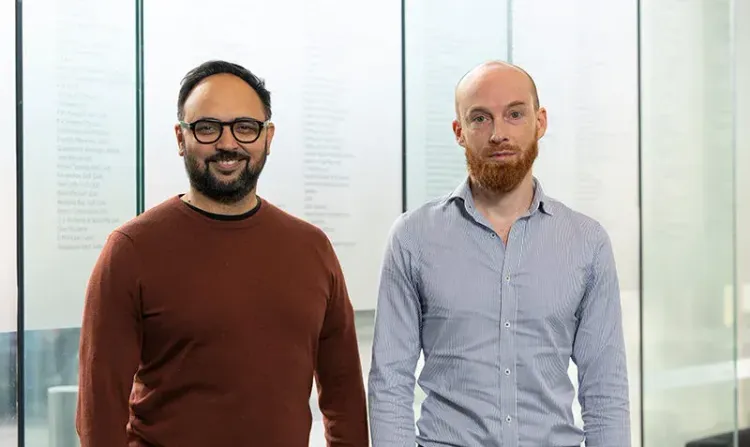How Did Australian Scientists Decode Early Human Development with Genetic Barcoding?

Synopsis
Key Takeaways
- LoxCode revolutionizes cellular tracking in embryonic research.
- It generates 30 billion unique DNA barcodes.
- Provides insights into early organ development.
- Could lead to breakthroughs in regenerative medicine.
- Enhances understanding of developmental disorders.
New Delhi, June 25 (NationPress) Researchers in Australia have introduced a groundbreaking tool that enables scientists to monitor the journey of individual cells within a developing embryo with remarkable accuracy.
The innovative study reveals LoxCode—a system that allocates a distinct DNA barcode to each cell in a genetically modified mouse, as reported by Xinhua news agency.
Led by the Walter and Eliza Hall Institute of Medical Research (WEHI) based in Melbourne, the team highlights how this barcode could allow scientists to trace the lineage of each cell through its division, migration, and specialization.
LoxCode is capable of generating an astonishing 30 billion unique DNA barcodes, vastly surpassing current technologies, facilitating comprehensive cellular ancestry mapping through standard sequencing.
Globally recognized, it fuels research into brain development, immunity, and organ regeneration, according to the team.
The findings indicate that the body's organ blueprint is established earlier than previously believed. Just days post-conception, certain embryo cells are already assigned to specific tissues such as the brain and blood, while others maintain complete plasticity.
This discovery regarding cellular fate decisions may revolutionize our understanding of development and related disorders.
“When life comprises merely a few hundred cells, we found that some cells could give rise to every tissue in the body, while others were already pre-defined to develop into specific types of tissues, like the brain, gut, limbs, or blood,” stated lead researcher Professor Shalin Naik, head of the WEHI laboratory.
“What excites me most is the wave of research LoxCode enables—it’s rare to create a tool that is extensively utilized and has the potential to transform our understanding of how our bodies function at the most profound level,” Naik added.
Tom Weber, the inventor of LoxCode from WEHI and the University of Melbourne, likened it to treating each cell as having a unique, inheritable DNA 'hand.'
By uncovering how cells make their initial decisions, LoxCode opens doors for advancements in disease treatment and regenerative medicine. This represents a significant leap forward in delineating every cell's origin and destiny, according to the study published in the journal Cell.
“LoxCode is fundamentally a DNA ancestry examination for every cell in every tissue of the mouse, which allows researchers to explore and unravel some of life's most significant mysteries,” Weber remarked.









